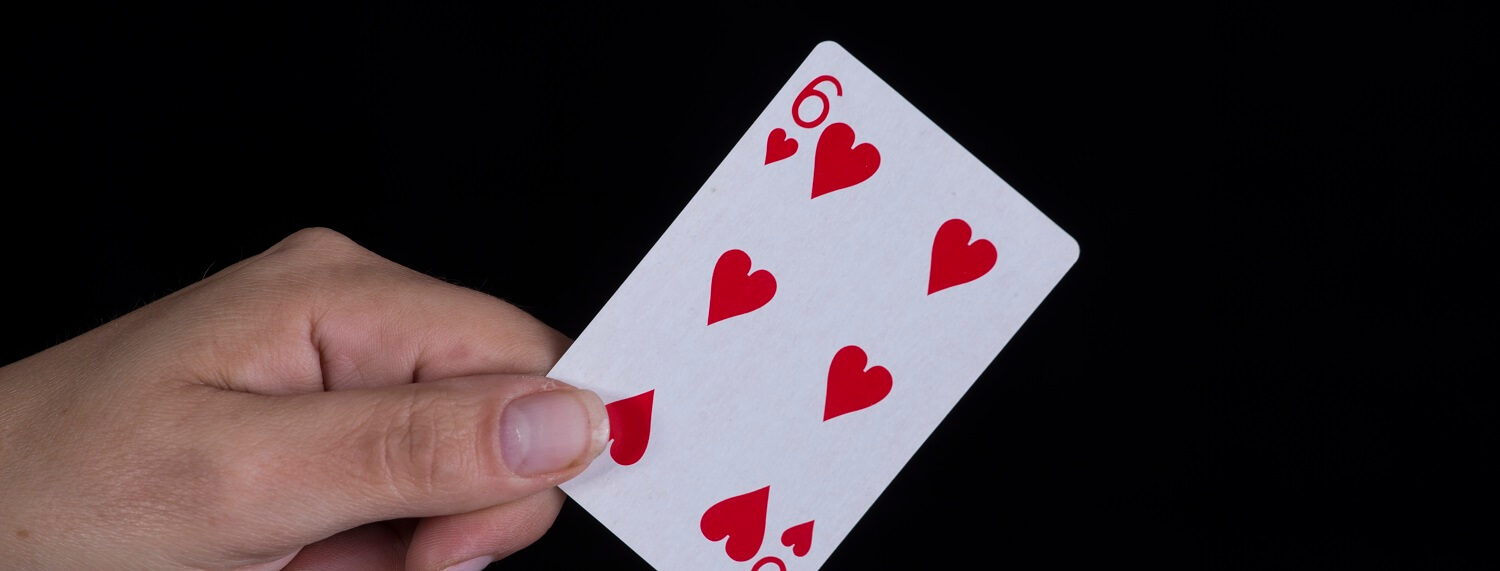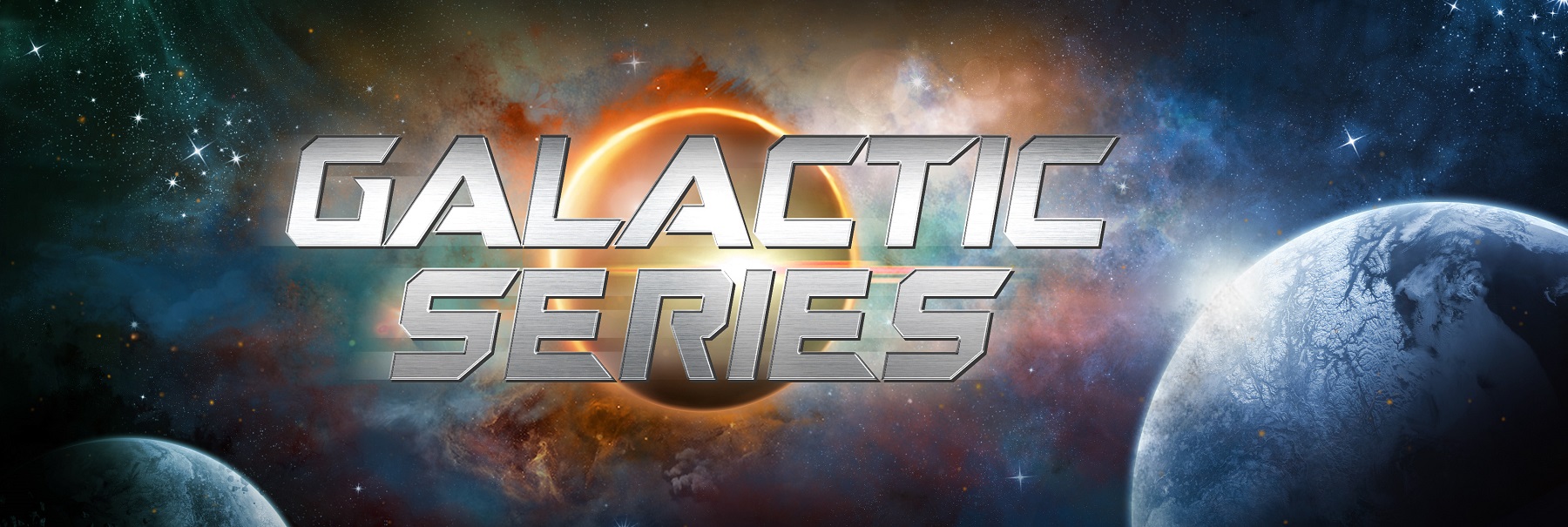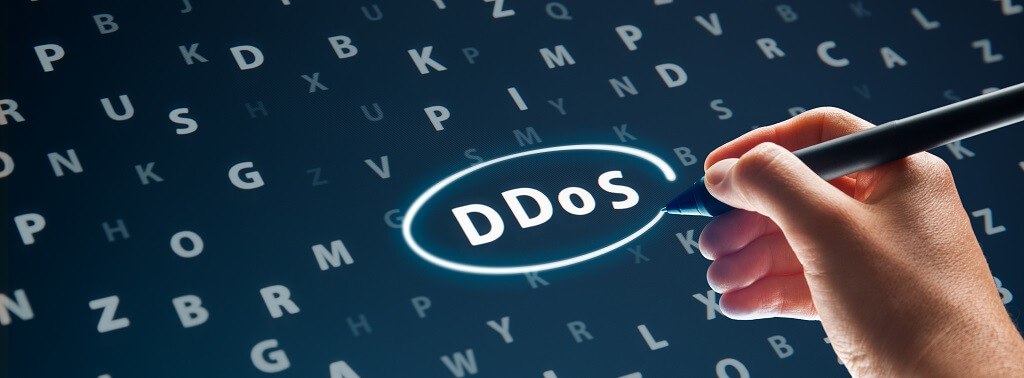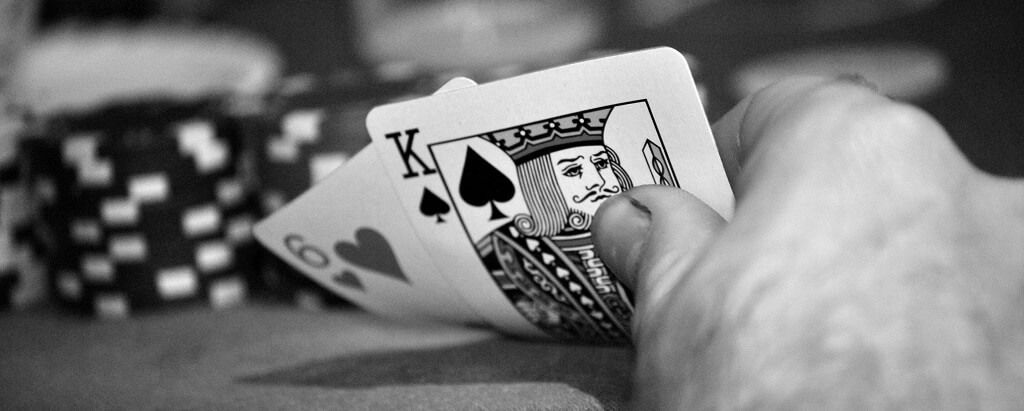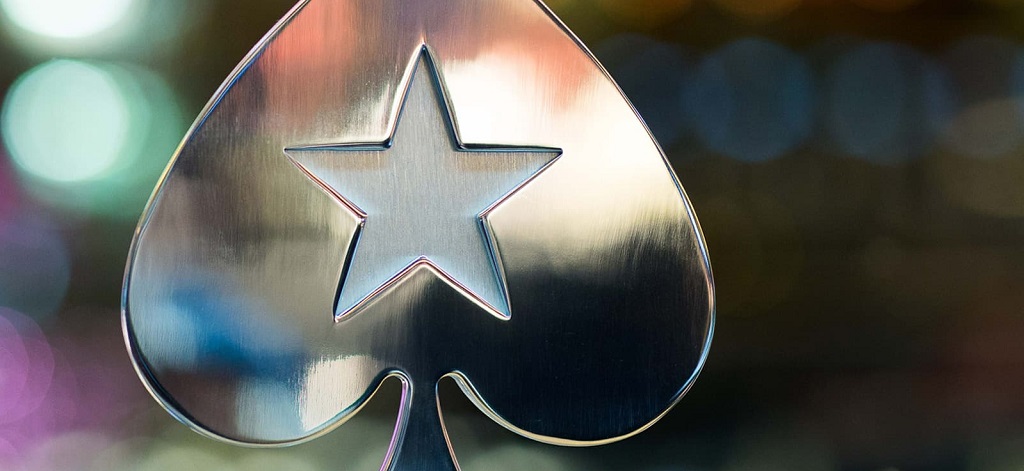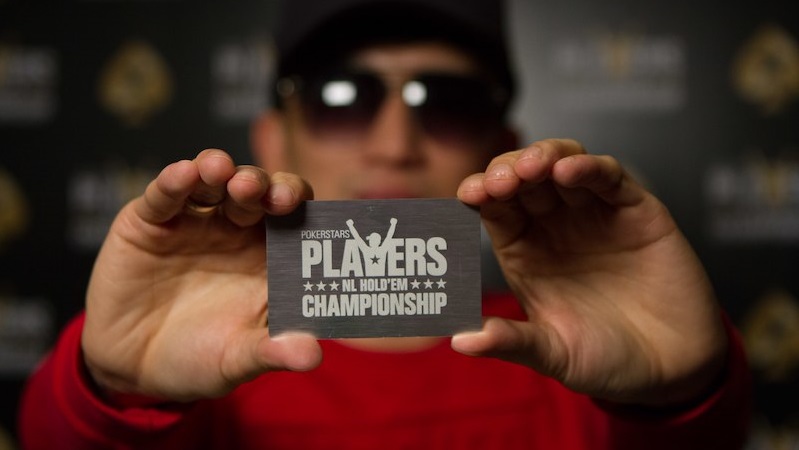NJ Online Poker Treads Water Heading Into Two Big Tournament Series
There is a lot of excitement in New Jersey these days. Unfortunately, it isn’t around online poker. Instead, all eyes… Continue reading NJ Online Poker Treads Water Heading Into Two Big Tournament Series

